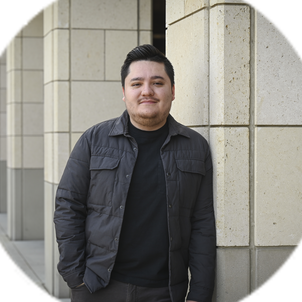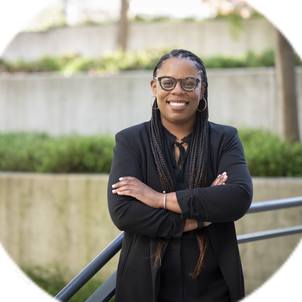The school is great because it’s not just students who are encouraged to be curious – staff are too! I’m always reading about the research being done by faculty here and sending them articles I think they might find interesting.
I started in admissions in May of 2017 and my whole goal was to help create a welcoming environment. That’s really how dEEbug, the peer tutoring program I helped start in the Electrical Engineering department, came about. We had some feedback that the entry-level electrical engineering class wasn’t accessible for students who didn’t come in with a background in engineering. In class and office hours, many students expressed that they felt shy about asking basic questions to help them understand the fundamentals. These students saw the majority of the instructor’s time going to students who needed support on more advanced problems and it made them question if they belonged in the program.
It was clear to me that we should try to address that “I don’t belong here” feeling these students were experiencing. But how do you do that? I thought, wouldn’t it be great if we had someone who had taken the course, done well, and could devote time inside and outside office hours to answering the more fundamental questions many students were too nervous to ask? This is how dEEbug was born.
In addition to being a space where students can feel more comfortable asking questions, one of the most powerful things about the program are the advisors. The dEEbug program advisors have been in the students’ shoes – they’re peers and can empathize with them. There is a representation thing that happens there. When you see a peer who has successfully done what you’re currently struggling to do, it shifts mindsets. Students start to think, “You’re not that different from me. If you can do it, I can do it too.” Our advisors know the tips and tricks that helped them during class and they can really teach the basics of approaching problem solving. And they do it in a way that helps students feel heard and understood.
This is still very much a pilot program, but I’m so encouraged. We recently surveyed participants and the feedback showed dEEbug made students feel comfortable asking those fundamental questions.
That makes me happy and I’m excited to see where we can go from here.
Related spotlights

Lara Weed

Sebastian Fernández

